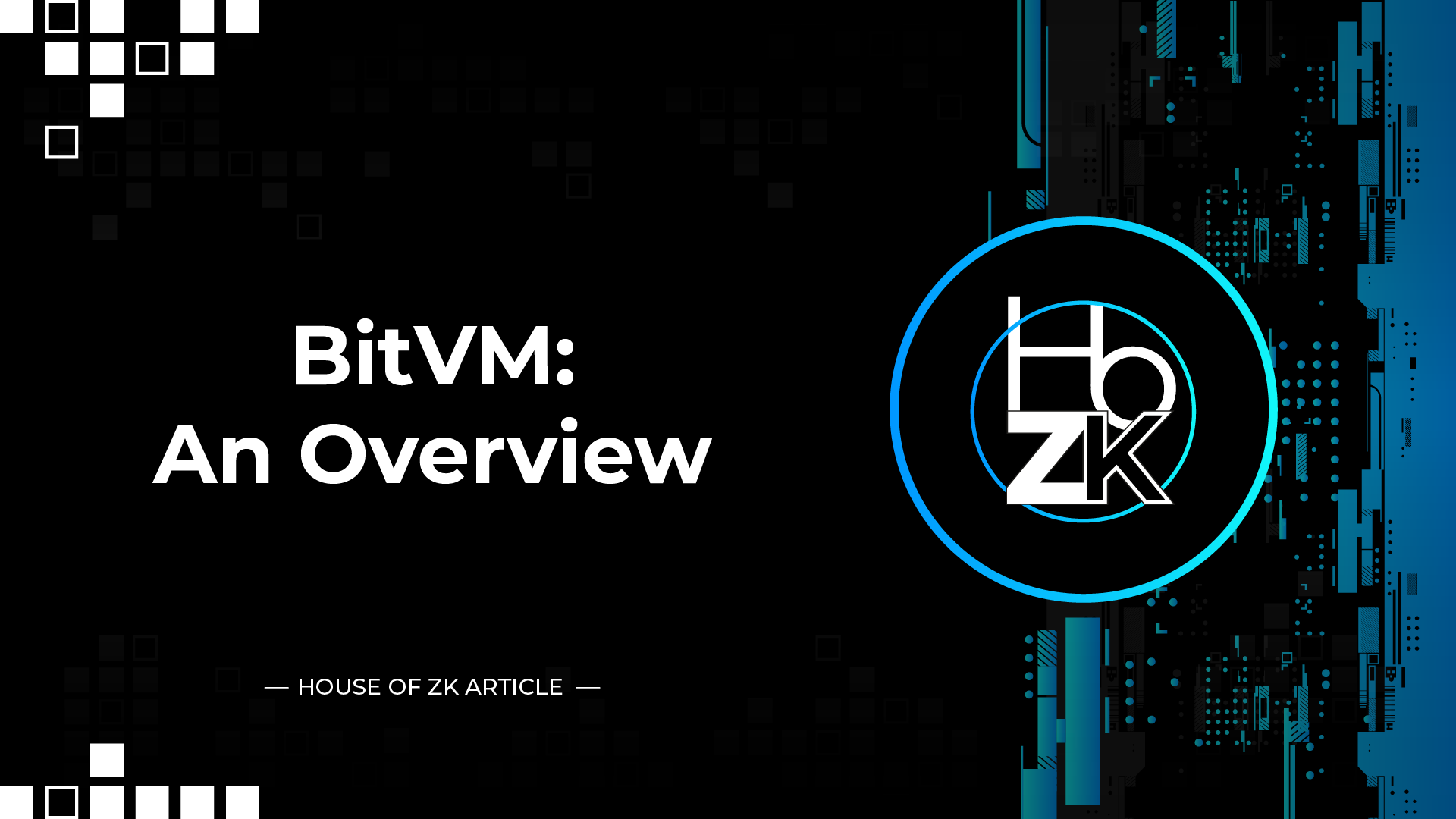
The scripting language of Bitcoin has traditionally been limited in scope, designed to prevent complex operations that might introduce vulnerabilities and leading to the narrative that Bitcoin lacks the programmability necessary for applications like DeFi and other complex transaction logic seen in platforms like Ethereum.
In October 2023, Robin Linus introduced BitVM, a theoretical design for how complex computations could be performed on Bitcoin without altering its consensus rules. BitVM leverages Bitcoin Script's basic logical operations (AND, OR, NOT) to simulate digital logic circuits, allowing for Turing-complete computations outside the blockchain, with the blockchain acting as a final arbiter in case of disputes. This aimed to scale Bitcoin's computational capabilities and enable smart contract-like functionalities.
Building on BitVM's foundation, BitVM2 was introduced to address some of the first generation's limitations, notably:
The future for BitVM2 lies in the ingenuity of the projects that are creating secure and sustainable economic environments, making Bitcoin more versatile and also more relevant. These projects aim to bring new functionalities to Bitcoin without compromising the network’s integrity, ultimately supporting Bitcoin’s long-term growth as the foundation of a new type of economic system.
House of ZK is planning a virtual conference aimed at promoting the projects that are bringing enhanced functionality to Bitcoin. For more information on how to participate, please contact ben@hozk.io.